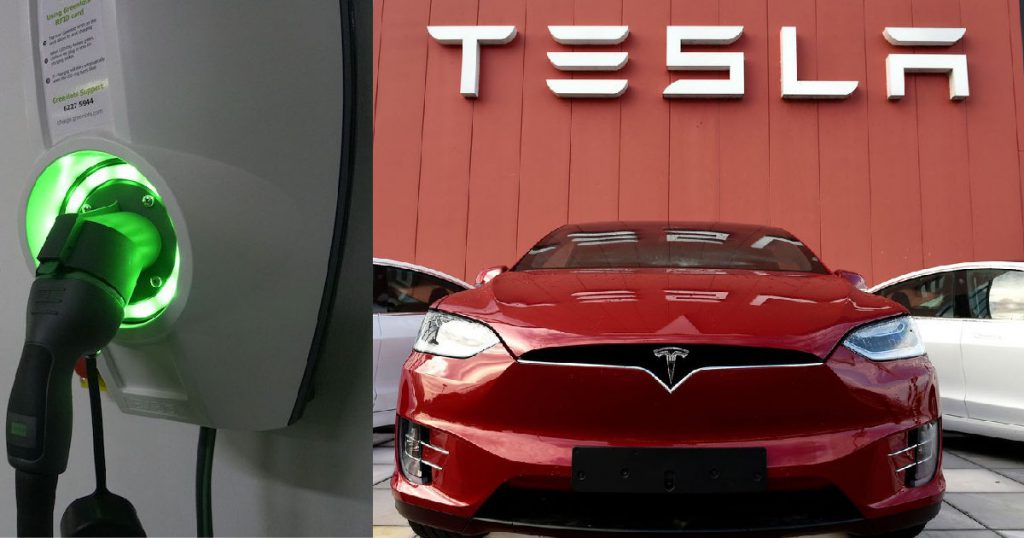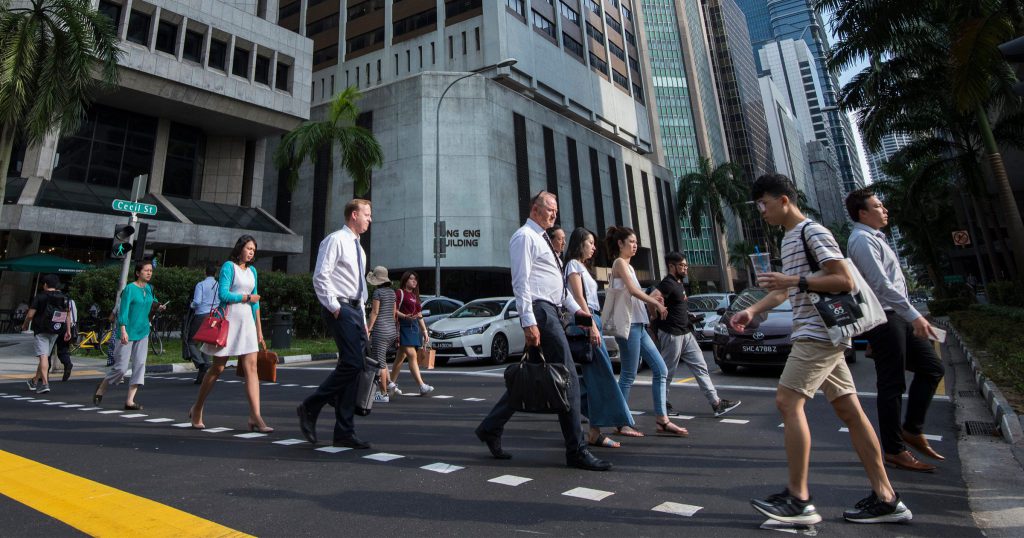Singapore has a grand vision of phasing out internal combustion engine (ICE) vehicles by 2040, according to Deputy Prime Minister Heng Swee Keat in his February 2020 budget speech.
To achieve this goal, the Singapore government has laid out various measures to boost the use of electric vehicles (EVs) in the nation, from rebates for buyers to expanding the EV infrastructure.
Singapore’s electric car fleet has gone from just one at the end of 2015 to about 1,125 as of January 2020.
With the huge rise in the number of EVs on our roads, Singaporeans might be starting to wonder whether their next car should be an electric one.
Here’s all you need to know if you’re considering to purchase an electric car.
What Are The Electric Car Models In The Market?

Currently, electric cars cost between S$100,000 and S$160,000 for mass market models, while higher-end models may cost up to S$500,000.
These are just some examples of the electric car models available in Singapore, their prices, and where to purchase them.
| Manufacturer | Model | Selling Price | Where To Buy |
| Renault | ZOE | S$112,999 | Renault Singapore |
| Hyundai | KONA Electric | S$140,999 | Hyundai Singapore, Komoco Motors |
| Hyundai | IoniqElectric | S$148,999 | Hyundai Singapore, Komoco Motors |
| Nissan | Leaf Electric | S$139,888 | Nissan Singapore, Tan Chong Motors |
| Audi | e-tron Electric | S$367,500 | Audi Singapore, Premium Automobils |
| Tesla | X 75D | S$509.000 | Hong Seh Motors, parallel importers |
Most big-name brands have showrooms in Singapore, where buyers can head down to enquire about the electric cars.
Even though electric car giant Tesla does not have a showroom in Singapore yet, a quick search on the Tesla website shows that it is slated to enter the Singapore market.
Besides, getting one’s hands on a Tesla is not impossible in Singapore, as many car dealers in Singapore have imported them for sale in the nation.
Rebates Available When Getting An Electric Car In Singapore

Since Singapore is making a big bet on electric cars as part of its sustainability efforts, the government has implemented rebate schemes for electric car buyers to enjoy.
First, an early adoption incentive scheme will be rolled out for EV buyers from 2021 to 2023.
It will offer a 45 per cent rebate on the car’s Additional Registration Fee (ARF, the main car tax), capped at S$20,000 per vehicle. Furthermore, the road tax for electric vehicles will be lowered.
However, despite the lowered road tax, there will be a six-monthly lump sum tax for EVs from 2021, starting at $100, then $200 in 2022, and $350 from 2023 onwards.
Charging Your EV

When it comes to having an electric car, charging it is sure to be a concern.
To pave the way for greater adoption of EVs in Singapore, the government has also highlighted its plan to expand the EV charging infrastructure to 28,000 by the end of 2030.
Currently, there are about 1,600 EV charging stations islandwide.
Of the public charging stations available in Singapore, over 200 belong to Bluesg, while other players include Shell Recharge, SP Group, and Greenlots.

Despite the sizeable number of charging points available islandwide, they are not widespread enough, and drivers still have to end up walking from the charging points to their final destination.
Besides the current firms that offer charging stations in Singapore, new players are slated to enter the industry to offer more charging points.
For example, it was speculated that Tesla’s first charging station in Singapore will be at the Singapore Island Country Club (SICC) at Sime Road.
However, according to The Straits Times, the SICC has not been approached by Tesla for the said charging points on its grounds, leaving the plans ambiguous as of now.
On the other hand, Charge+ said that out of the 10,000 EV charging points it plans to install, 4,000 of these points will be located in at least 1,200 condominiums due to “strong unmet needs”.
Charging up an electric vehicle is relatively fast. Last year, ComfortDelGro announced that it would introduce charging stations that would take a mere 30 minutes to fully charge an electric vehicle.
Does Buying An EV Make Financial Sense?

Even though the cost of purchasing an EV is high, a major benefit of switching to an electric car is saving on energy costs in the long run.
According to government data, a private car has an average annual mileage of around 17,500 kilometres, while petrol goes for an average of S$2 per litre.
On the flip side, the energy tariff rate is S$0.22 per kWh.
| Electric Car | Petroleum Car | |
| Energy Consumption | 11.7 kWh/100km | 6.7 litres/100km |
| Energy Costs Per Year | S$454.75 | S$2,345 |
| Savings | $1,890.25 | – |
Thus, when looking at the estimated costs on energy for an electric car compared to a regular petroleum car, it seems that drivers are looking at thousands of dollars of savings each year.
Furthermore, consumers can expect new payment models for EV charging to be rolled out in the new future.
For example, Charge+, a green mobility business by clean energy company Sunseap Group announced that it plans to install 10,000 EV charging points by 2030.
EV drivers who use its charging points will pay a fixed monthly fee on a subscription basis, which is the first of its kind for EV charging in Singapore.
According to the company, the fee will only be about half of what a driver would typically spend on fuel each month.
To add on, electric vehicles have fewer parts than normal cars, which can lead to less servicing visits, and even more cost savings.
Are Electric Cars The Future Of Driving?
In the automotive industry, electrification is the undeniable future, especially so with the push by the government.
More and more car companies have developed electric alternatives to their vehicles, while even tech companies like Apple have plans to release EVs.
Previously, a major hurdle to EV ownership was the upfront cost. However, the availability of rebates has made EVs more attractive to purchase.
Despite the higher affordability, the current worry when getting an EV is charging it.
Even though public EV charging spots are steadily growing, owning an EV is likely only feasible if you have access to a dedicated charging point at home or at your workplace.
EV owners tend to install their own charging points if they live in landed properties. However, most Singaporeans do not live in houses with garages where they can plug in their cars overnight.
Despite these concerns, Singapore looks well poised to welcome a greater volume of electric cars, especially with its plans to ramp up the availability of charging points.
Thus, EV ownership might be a viable option for many, especially in the coming years.
Featured Image Credit: Torque / Car Buyer Singapore











